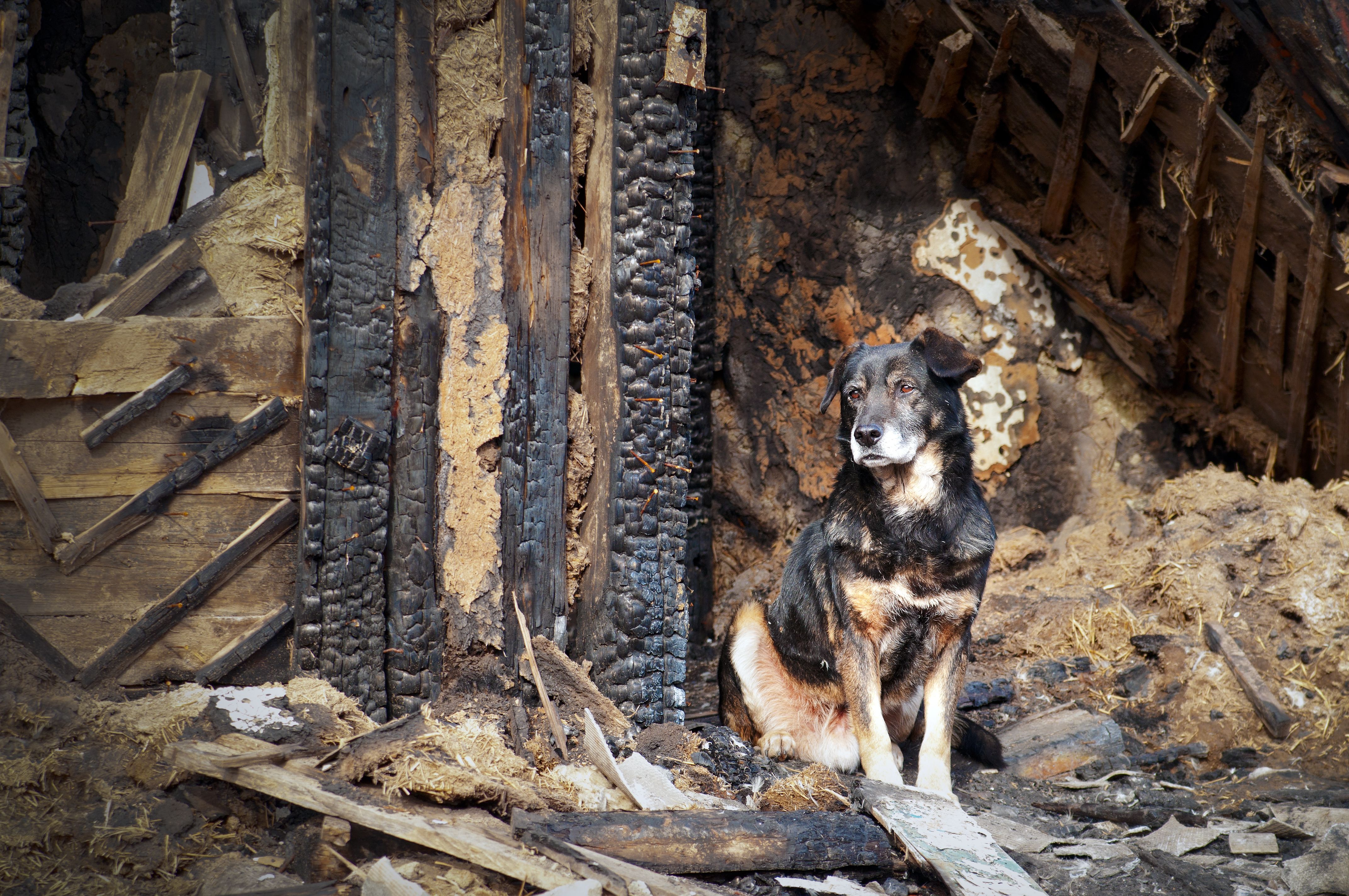ASPCA commends federal lawmakers for passing PAW Act
Passage of legislation that comes in tandem with National Preparedness Month Legislation will direct government agencies to incorporate pets in disaster planning
The American Society for the Prevention of Cruelty to Animals(ASPCA) commended the US House of Representatives for passing the Planning for Animal Wellness (PAW) Act, H.R.7789/S.4205, promoting collaborative relationships among government agencies and outside experts to implement pets into disaster planning (ie, preparedness, response and recovery efforts).
According to an organizational release,1 the legislation was sponsored by Reps. Dina Titus (D-NV) and Peter DeFazio (D-OR) and Sens. Gary Peters (D-MI) and Rob Portman (R-OH). It would prompt the Federal Emergency Management Agency (FEMA) to create a working group of experts to review current best practices for animals in emergencies and natural disasters, and if required, issue new guidance. In August, the PAW Act unanimously passed the Senate, and with passage in the House, it will now go to President Biden’s desk for his signature.
"We've seen firsthand how incorporating animals into disaster plans can prevent avoidable tragedy, making the PAW Act a critical measure to protect these animals and the people who risk their lives to save them," expressed Matt Bershadker, ASPCA president and CEO, in the release.
"We're grateful to Representatives Titus and DeFazio, as well as Senators Peters and Portman, for championing this legislation to create a FEMA-led working group to establish best practices for assisting animals in disasters, and we look forward to continuing our collaborative work to save and protect these vulnerable animals."
"As a proud dog owner, it is concerning that animal and veterinary needs are often overlooked during disasters. I am pleased this bipartisan legislation has passed the House because it will require FEMA to establish a working group with outside experts to review current federal guidance regarding animals in disaster preparedness, response, and recovery to ensure it aligns with current best practices," expressed Senator Portman. "This bill will help ensure Ohio families and other animal owners have up-to-date guidance for disaster preparedness."1
According to a 2021 ASPCA survey,2 83% of pet parents reported living in a community that faces natural disasters. Oftentimes, a lack of emergency resources can force people to make the heartbreaking decision between evacuating or sheltering in place to remain with their animals. The PAW Act would help ensure that pets, captive animals, and service animals are considered in disaster planning and emergency response, so families don’t have to make this choice.
Since when the ASPCA Disaster Response team was founded in 2010, the ASPCA has responded to more than 65 disasters, assisting nearly 120,000 animals in affected communities. Throughout the string of hurricanes in 2017, including Harvey, Irma, and Maria, the ASPCA assisted approximately 36,000 animals throughout Texas, Florida, South Carolina and St. Croix by evacuations, search and rescue, emergency sheltering, and pet food and supply distribution.1 Additionally, the ASPCA collaborates with local agencies nationwide to help improve their animal response capabilities through grants and training opportunities.
References
- ASPCA commends federal lawmakers for passing legislation to protect animals impacted by disasters during National Preparedness Month. News release. American Society for the Prevention of Cruelty to Animals. September 15, 2022. Accessed September 16, 2022. https://www.prnewswire.com/news-releases/aspca-commends-federal-lawmakers-for-passing-legislation-to-protect-animals-impacted-by-disasters-during-national-preparedness-month-301625748.html
- New ASPCA survey reveals 83 percent of pet owners live in an area impacted by disasters, yet less than half have a preparedness plan in place. American Society for the Prevention of Cruelty to Animals. September 13, 2021. Accessed September 15, 2022. https://www.aspca.org/about-us/press-releases/new-aspca-survey-reveals-83-percent-pet-owners-live-area-impacted-disasters
